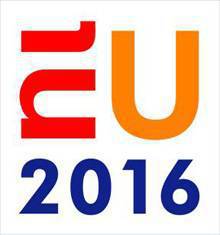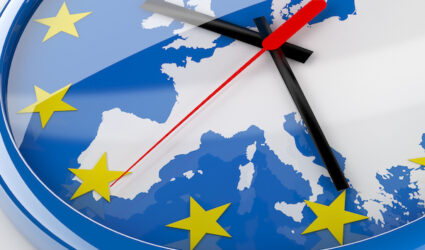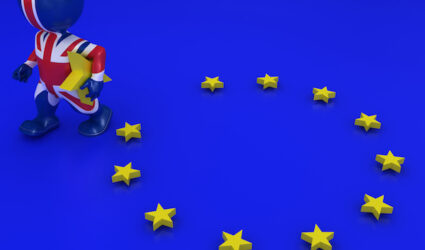14 January 2016
EU Presidency: The Netherlands commits to a forward-looking energy and climate policy


Since January 1st, 2016, the Netherlands has taken over the Presidency of the European Union. Alongside with the EU’s migration, monetary and economic policy, the implementation of a “forward-looking policy on climate and energy” is one of the four priorities of the Dutch Presidency. With a privileged facilitating role for the next 6 months, the government of the Netherlands will support and push forward the introduction of key proposals for the future of the European energy policy and the competitiveness of the power sector. Here are the next steps to follow closely…
It comes as no surprise that the Energy Union lies at the core of the priorities for the upcoming six months: the current market design is failing to guarantee the European security of supply and to foster necessary investments to carry out EU energy transition. As a reaction, the European Commission unveiled in February 2015 its “Strategy Framework for a Resilient Energy Union” that foreshadows the release of a key legislative package at the end of 2016.
Supporting the reform of the European energy market
These proposals will aim to integrate the new targets adopted in the 2030 energy-climate package (review of the Directive on Energy Efficiency and preparation of a new Renewable Energy Directive) into an innovative market tailored for the new challenges. The resilience and flexibility of the power system, the implementation of a framework for regional cooperation, the optimization of the European policies for the security of supply and the integration of renewable energies are key objectives here.
The first part of the year will be dedicated to further consideration: the Dutch Presidency will have to establish a platform for cooperation among Member States, on a strategic and dividing issue… Indeed, whilst several European countries are facing major changes in their energy system – putting at risk EU’s security of supply – a consensus on possible solutions is far from being found. In addition to supporting the elaboration of these structuring proposals, the Dutch Presidency will have to address the expectations of each Member State, a delicate but no less essential task in order to ensure a sustainable growth that reconciles economic goals and responsible use of energy resources.
The EU must live up to the Paris agreement
The new Presidency of the EU takes office in an unprecedented context in terms of fight against climate.
In December 2015, a historic international agreement was ratified in Paris by the 195 countries participating in the United Nations Climate Change Conference (COP21). This agreement sets up a “dynamic, balanced and legally binding” agreement aiming to limit the emission levels “well below 2°C above pre-industrial levels” and to “pursue efforts to limit the temperature increase to 1.5°C”.
This agreement must enable the EU to pursue an ambitious climate policy now inscribed within a global framework.
The Dutch Presidency thus committed to examine the outcome and implementation at the European level of the Agreement during the March 2016 Energy Council. On a concrete level, this will involve further work on the review of the European Emissions Trading System (EU ETS) and the introduction of national binding targets for non-ETS sectors (transport, agriculture, buildings). The EU Presidency is likely to explore in an ambitious way the contribution of transport sector, first emitter of greenhouse gases in the EU. This new focus of the European climate policy would revolve around two axes: the deployment of smart mobility and the introduction of a global emission trading system for the aviation sector (April 2016 Council). Strongly supporting the implementation of a low-carbon strategy both at the French and European levels, UFE recalls that such strategy will notably take place through a middle and long term industrial policy, revolving around a pragmatic shift from oil and coal towards low-carbon and renewable electricity uses.
Find out more
Vision and missions


About us
The Union of the French Electricity Industry is the trade association of the French electricity sector. We bring together companies from the whole value chain of the electricity industry.
Find out moreEvents of the sector


Annual conference


Our 2024 conference
2024 annual conference of the Union of the French Electricity Industry
The next edition of the UFE conference will be hold on 10th December 2024, in Paris.









